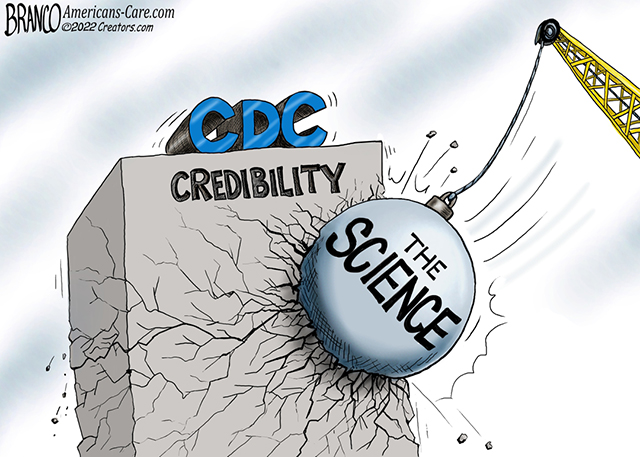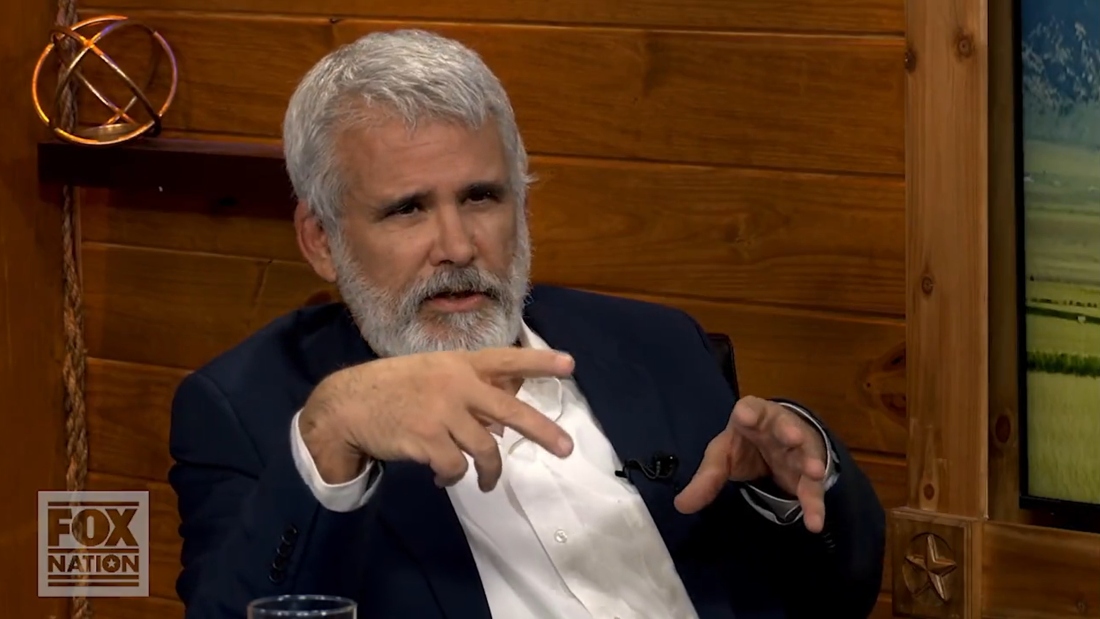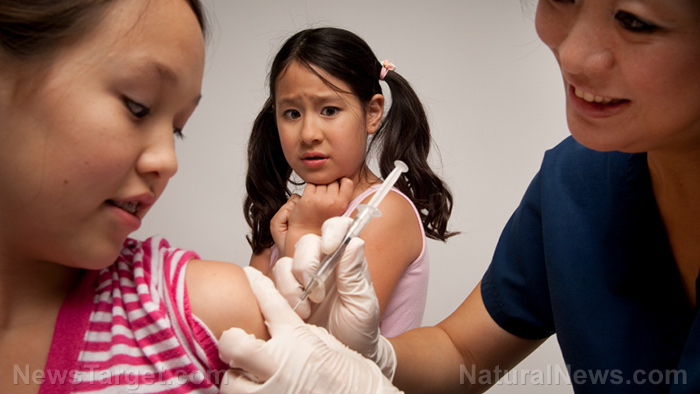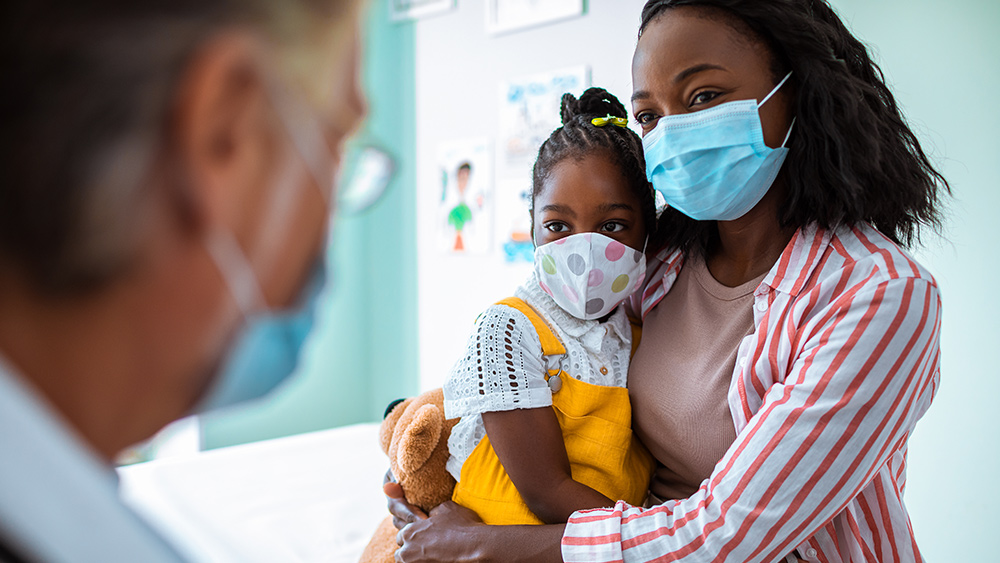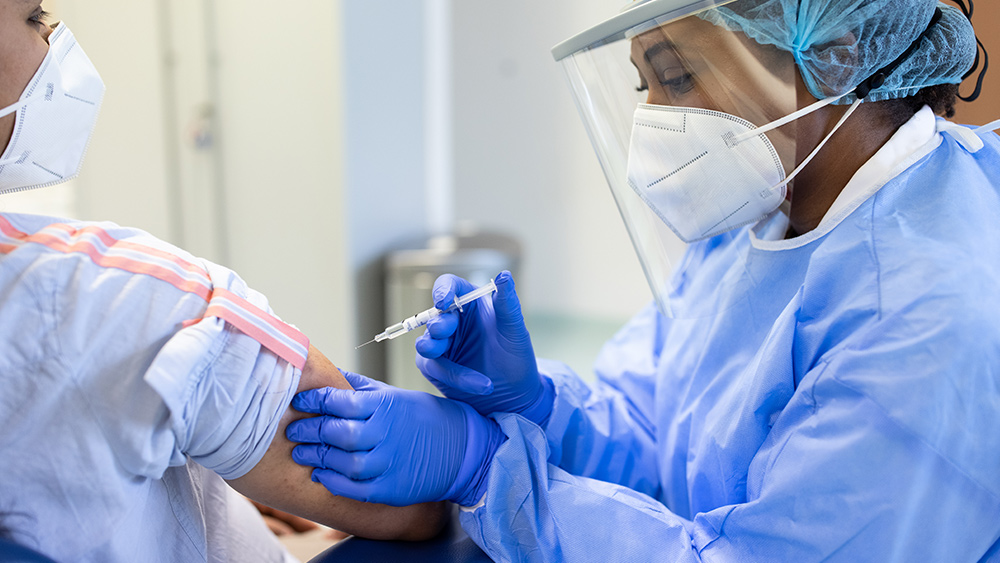“Plasticrust” is a new form of pollution that’s taking over shorelines
02/24/2020 / By Divina Ramirez

A new type of plastic pollution has made its way to the shores of Madeira in Portugal, a recent study revealed. A team of researchers at Portugal’s Marine and Environmental Sciences Centre (MARE) identified the pollution as “plasticrust” – patches of plastic that encrust rocks along the shore. Ignacio Gestoso, a marine ecologist at MARE and the lead author of the study, said that the plasticrust likely came from large pieces of plastic debris that were crashing against the rocky shore. This debris then became embedded on the rocks, where they resembled algae and lichen.
Additionally, the team found a species of winkle sea snail feeding on the algae among the plasticrust, where they are vulnerable to contamination. Hence, the researchers worry that plastic can enter the human body through consumption of contaminated marine life, thereby causing numerous health complications and disorders.
The threat of plasticrust
The team initially monitored the shoreline of Madeira three years prior to the study, where they discovered the first patch of plasticrust. They also observed that the island had very little plastic content. Since then, plasticrust has spread to cover about 10 percent of the rocky surfaces along the shore.
Additionally, the researchers sought to identify the material comprising the plasticrust by conducting a series of chemical tests. They found that the plastic in the crust was polyethylene. As one of the most widely produced plastics, polyethylene is used in food packaging, plastic bags and medical devices.
Although polyethylene in its solid form is not considered toxic, it can be harmful to humans when it is absorbed into the body as a vapor or liquid. Moreover, because plastics are non-biodegradable, they simply break down into smaller pieces over time. As plastic degrades, toxic non-biodegradable components leak out to contaminate soil and bodies of water. In the case of plasticrust, polyethylene stuck to the rocky surfaces, where it became food for barnacles and snails. Hence, polyethylene can end up inside the body if sea creatures contaminated with plastic are consumed by humans. (Related: Due to extreme pollution of the world’s oceans, sea anemones are now eating microplastics.)
Because plasticrust poses a threat to marine life and humans, researchers emphasize that plasticrust is not only one of the most extensive pollution problems today, it is also a pressing issue for marine environment conservation.
The dangers of exposure to plastic
Plastic is arguably the top pollutant in the world, and it has gone beyond polluting land and waterways. Nowadays, humans and animals suffer from consuming plastic-contaminated food and water. Toxic chemicals also comprise plastics, like phthalates, bisphenol-A (BPA) and polyvinyl chloride (PVC), then cause complications upon entering the body, from damaged organs to impaired body functions. Here are some of the ways that plastic can harm the body:
- Damages fatty acid chemistry – Fatty acids are essential to the creation of cell membranes. They also play an important role as a source of energy for the body. When toxic chemicals contaminate the bloodstream, brain functions that depend on fatty acids, like memory and recall, can be compromised.
- Compromises metabolism – A recent study by researchers from the University of California revealed that exposure to phthalates can disrupt hormone signals and cause zinc deficiency. Hence, exposure to phthalates often leads to indigestion, heart disease and diabetes.
- Impairs pancreas – Exposure to plastics can also damage the pancreas and impair its hormone-regulating functions. When the production of insulin – the hormone that controls blood sugar levels – is disrupted, the body becomes at risk of diabetes and metabolic disorders.
Plasticrust continues to be a threat to marine food webs, which include humans. Fortunately, the study from MARE can encourage experts to do further research in order to stop plastic pollution.
Sources include:
FunctionalMedicineUniversity.com
Submit a correction >>
Tagged Under:
Collapse, Ecology, environ, environment, food safety, marine life, microplastics, ocean health, ocean life, Oceans, phthalates, plasticrust, plastics, polyethylene, toxic chemicals
This article may contain statements that reflect the opinion of the author

